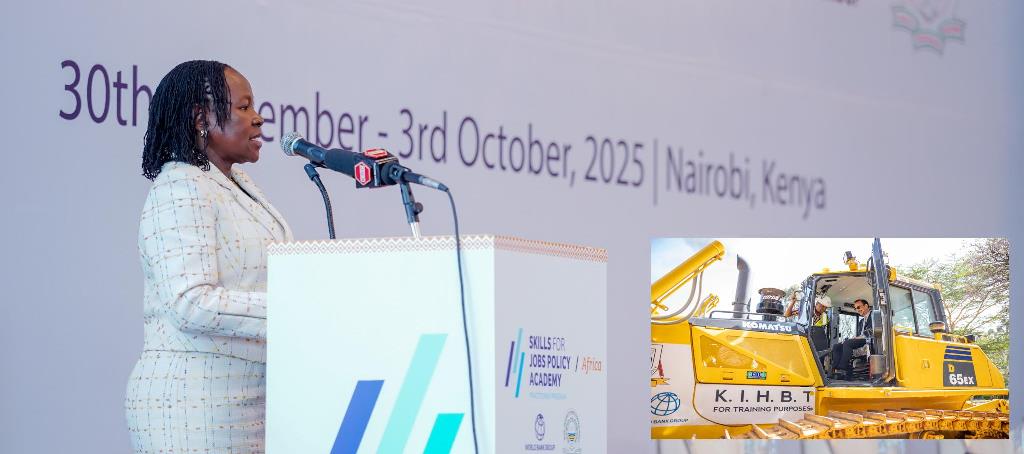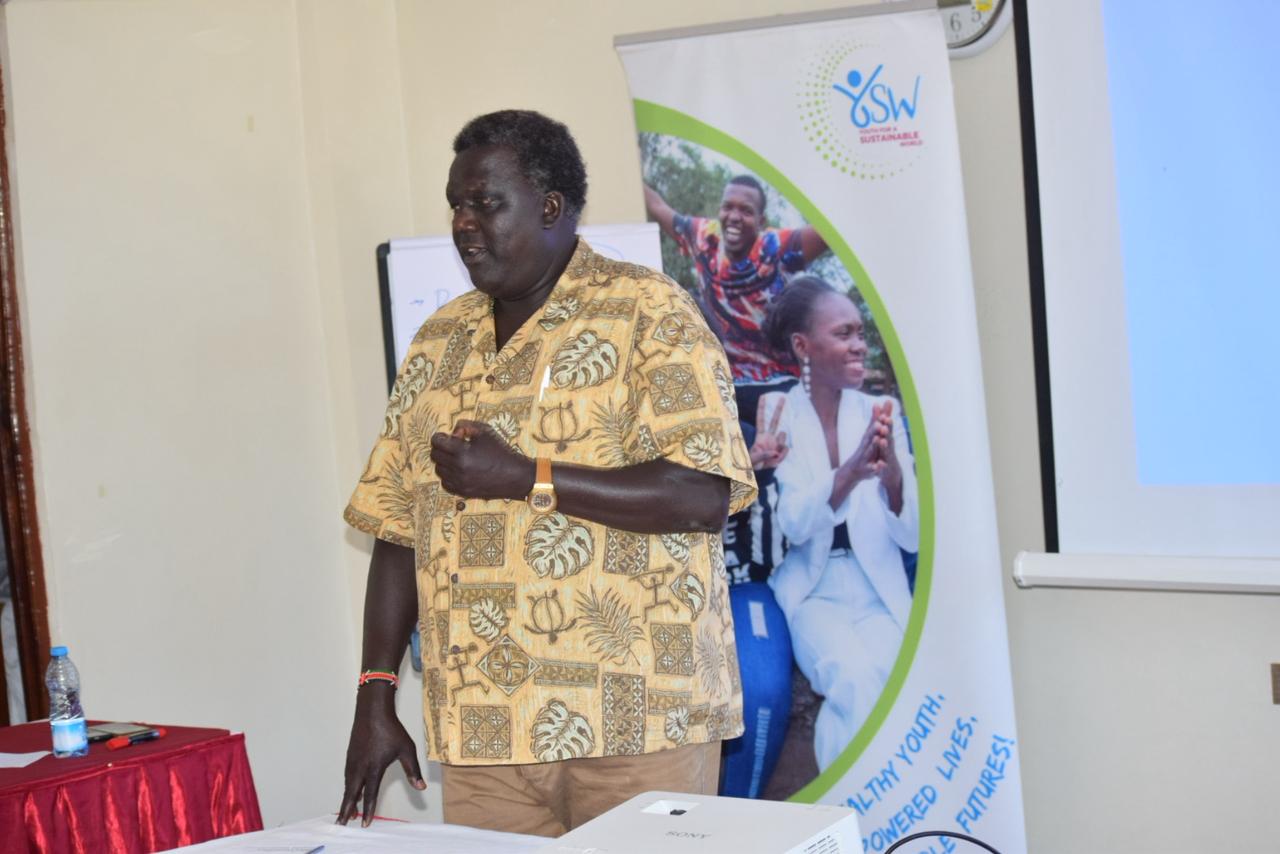TVET institutes in East Africa have established strong collaborations with industry, resulting in improved graduate employment across the region. Graduate employment, among 16 Regional Flagship Technical and Vocational Education and Training (TVET) institutes in Ethiopia, Kenya, and Tanzania, under the World Bank–funded East Africa Skills for Transformation and Regional Integration Project (EASTRIP), has risen to 80 per cent within six months of graduation. This is up from 47 per cent before the project began. The gains are also evident for women, with female graduate employment improving from 51 per cent to 74 percent.
The results were unveiled during the Africa Skills for Jobs Policy Academy, organised by the World Bank in collaboration with the Inter-University Council for East Africa (IUCEA) and held in Nairobi from September 30 to October 3, 2025.
“Our experience has shown that when we align training to the needs of industry, young people get jobs quickly. The 16 Flagship TVET Institutes for Ethiopia, Kenya, and Tanzania, under EASTRIP, have established partnerships with over 300 private sector companies to assist in curriculum design. This ensures that what students learn in classrooms aligns with what employers demand in the workplace, said Dr Cosam Joseph, EASTRIP Regional Project Coordinator at IUCEA.
The 16 TVET Institutes have established over 300 partnerships with private sector companies to design more than 500 new, demand-driven programs, ranging from renewable energy and geothermal science to aviation, transport logistics, manufacturing, and hospitality.
In Kenya, the KenGen Geothermal Training Centre has established a regional centre of excellence in geothermal technology. In Tanzania, the National Institute of Transport launched aviation and logistics courses, with graduates now working in regional airlines. General Wingate Polytechnics in Ethiopia expanded into manufacturing and leather technology, linking young people directly to local industries.
“In aviation and the broader transport sector, we have partnered with airlines and logistics firms to design training programmes. Our graduates are being absorbed by industry almost immediately after graduation,” said Eng. Dr Prosper L. Mgaya, Rector of the National Institute of Transport, Tanzania.
“Our training model is industry-based because our KenGen Geothermal Training Centre is part of KenGen, the electricity generation company in Kenya. This allows us to give students real work experience as part of the training to prepare specialists who can step directly into critical roles in the renewable energy sector,” Risper Kandie, a Geologist and Centre Leader, KenGen Geothermal Training Centre, Kenya.
READ ALSO:
Why Junior School teachers are demanding autonomy: The real story behind the tension
“With support from the World Bank, through EASTRIP, KenGen Geothermal Training Centre has transformed from an in-house training unit of KenGen to a fully-fledged TVET Institute,” said Kandie. As a result, student enrollment in the 16 Regional Flagship TVET Institutes increased from 6,971 to 57,857, with women accounting for approximately 19,000 of the students, marking a significant breakthrough in attracting female learners to technical fields that men have long dominated.
“We began with only six programmes. Today, we run over twenty demand-driven programmes developed in collaboration with industry. The partnership model has made our graduates more attractive to employers and reduced drop-out rates,” said Zekarias Gebre Belayneh, Project & International Relations Coordinator, General Wingate Polytechnic College, Ethiopia.
“As an employer, I can state that our collaboration with TVET Institutes in Ethiopia has bridged the gap between training and employment. We now receive graduates who are industry-ready because they were trained using real production settings and industry-designed curricula,” said Mr Belachew Admasu Alemu, Managing Director, Sheraton Addis, Ethiopia.
Through the project, countries in East Africa are strengthening collaboration through the Regional TVET Qualifications Framework and 204 mutually recognised qualifications, enabling graduates to work across borders without barriers. This harmonisation is paving the way for a common East African labour market.
“The Regional TVET Qualification Framework allows employers in Tanzania to recruit TVET graduates trained in Kenya or Ethiopia, and vice versa, with confidence that their qualifications meet the required standards,” said Dr Cosam Joseph.
Movement of students between the three countries has also increased, with more than 2,000 students crossing borders to study in neighbouring countries, up from just 31 when the project began.
We have been exchanging students and staff with other TVET institutes in East Africa. Students from Tanzania and Ethiopia have come to our institute to study together with Kenyans, exchange ideas, and build networks that will serve them for life,” Mr Evans Onyango, Head of Research and Innovations at Kisumu National Polytechnic.
By Joseph Mambili
You can also follow our social media pages on Twitter: Education News KE and Facebook: Education News Newspaper for timely updates.
>>> Click here to stay up-to-date with trending regional stories
>>> Click here to read more informed opinions on the country’s education landscape
>>> Click here to stay ahead with the latest national news.






